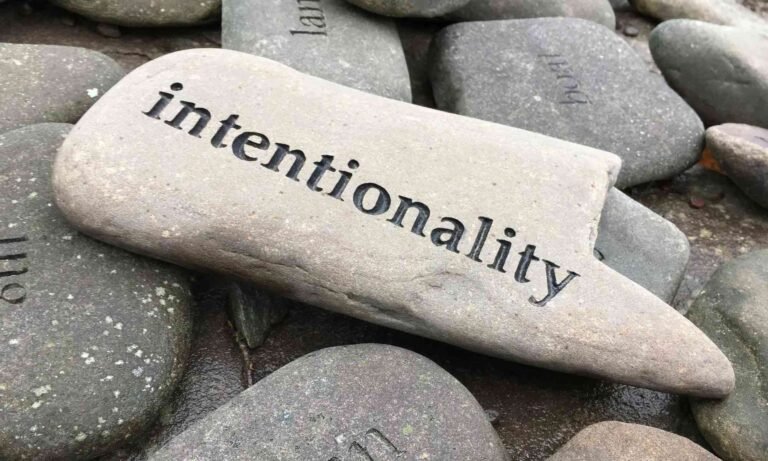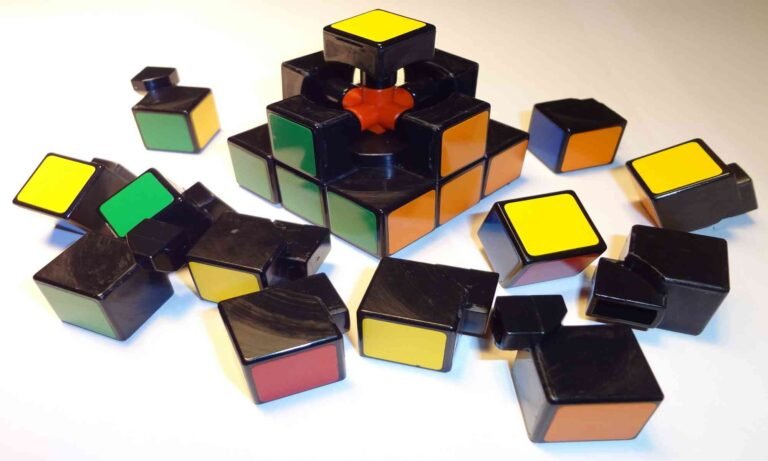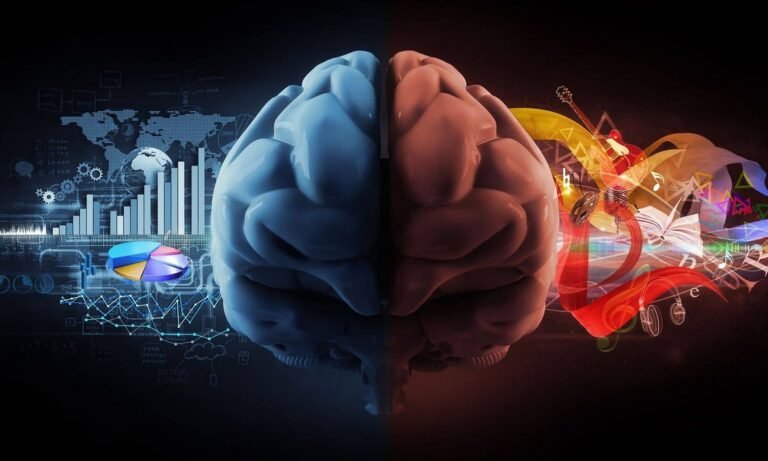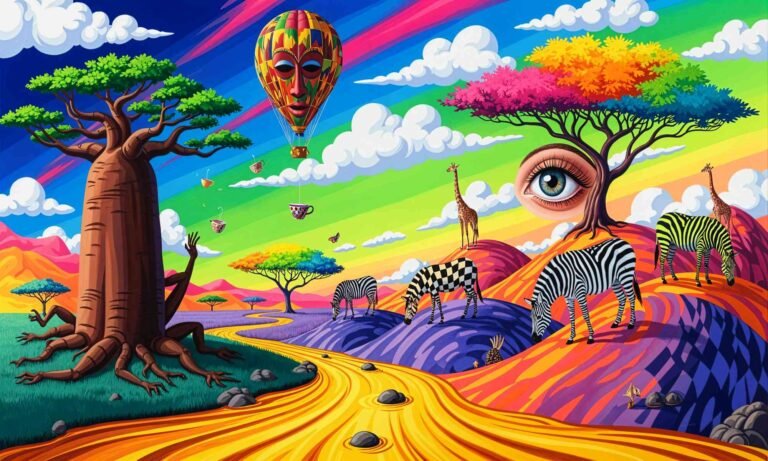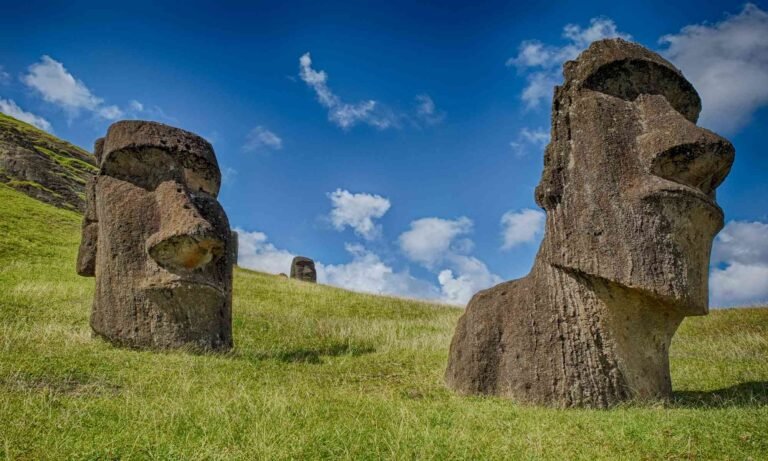Definitions and Types
Body modification refers to the practice of intentionally altering the human body for various reasons, ranging from aesthetic enhancement to cultural expression. It encompasses a wide range of practices, including but not limited to tattoos, piercings, scarification, and surgical procedures. Each of these forms serves unique purposes and conveys different meanings, often rooted in cultural or personal significance.
Historically, body modification has existed across various cultures and time periods. For instance, tattoos can be traced back thousands of years in societies such as the Māori of New Zealand, where they hold deep cultural significance and represent identity and status. Similarly, piercings have been utilized in numerous cultures, including among ancient Egyptians and various Indigenous tribes, serving as symbols of rites of passage, social standing, or spiritual beliefs. Over time, these practices have evolved substantially, influenced by societal norms, technological advancements, and changing individual perspectives on beauty and identity.
The motivations behind body modification are as varied as the methods themselves. Many individuals engage in body modification as a means of self-expression, using their bodies as canvases to display art, beliefs, or personal narratives. Additionally, some seek body modification to enhance or transform their physical appearance, often driven by societal ideals of beauty or personal desires for change. Cultural identity plays a significant role as well; for many, practices such as traditional tattooing or ritualistic piercings serve to connect them with their heritage and social groups.
As body modification continues to gain acceptance and popularity in contemporary society, its implications and meanings will likely remain diverse and complex, reflecting the rich tapestry of human experience and the ongoing dialogue about identity, beauty, and individual autonomy. Ultimately, it serves as a powerful but yet questionable testament to the evolving nature of self-expression and personal transformation.
The Cultural Significance
Body modification encompasses practices aimed at altering the human body for aesthetic, cultural, or social purposes. Historically, these modifications have held significant cultural meaning, symbolizing belonging to specific communities or social groups. In many indigenous tribes, body modifications such as tattoos, piercings, and scarification serve vital roles in rituals and symbolize a person’s status or journey within the community, fostering a sense of identity and continuity.
In modern urban environments, body modification trends reflect contemporary societal norms and personal expression. The rise of tattoo culture in cities worldwide demonstrates how body art is increasingly accepted and embraced as a means of individual expression. Urban subcultures often adopt specific modifications to signal belonging, establish group identity, or challenge mainstream beauty standards. Social media has further amplified these trends, allowing for a broader dissemination of diverse body modification styles.
The relationship between body modification and societal norms is evolving. Acceptability of certain practices has shifted over time, as societies increasingly embrace individuality and self-expression. While traditional perceptions of beauty often constrained personal choices, modern perspectives encourage a more inclusive understanding of attractiveness. Body modification has emerged not merely as an aesthetic choice but as a powerful statement about identity, autonomy, and culture. This evolution highlights the significant role body modification plays in shaping individual narratives and their intersection with broader societal dynamics.
Elongated Necks
The practice of elongating necks has been historically significant in various cultures around the world, with one of the most distinguished examples being the Kayan people, also known as the Kayin or the “long-necked tribe,” found in Myanmar and northern Thailand. The custom of wearing neck rings, which gradually raises the neck and creates an elongated appearance, is deeply embedded in their cultural identity. The rings are traditionally applied from a young age, often starting around five years old, and the practice is linked to notions of beauty, femininity, and social status.
The Kayan people regard elongated necks as a symbol of grace and attractiveness, with the amount of neck rings signifying wealth and social standing. This tradition is a rite of passage that connects women to their heritage and community, fostering a sense of belonging. Historically, neck elongation also served to mark identity and distinguish Kayan women from other ethnic groups.
Other cultures, such as the Ndebele of South Africa and certain tribes in Ethiopia, have also practiced body modifications for cultural expression and identity reaffirmation. These beauty standards are tailored to their unique historical contexts, enriching their social narratives. As globalization increases awareness of diverse cultural practices, understanding body modifications like neck elongation becomes critical for appreciating the intricate relationships between culture, biology, and aesthetics.
Health Risks and Ethical Considerations
Body modification encompasses a wide array of practices, from tattoos and piercings to more invasive procedures such as implants and surgeries. Each type presents distinct health risks that potential recipients should be aware of. Infections stand as a common concern, particularly in procedures that entail breaking the skin barrier. Bacterial infections can occur if proper hygiene is not maintained, leading to complications that may require medical intervention. Furthermore, surgeries often carry the risk of anesthesia complications, excessive bleeding, and scarring, which can have lasting effects on an individual’s health and appearance.
In addition to physical health risks, long-term psychological effects need to be considered. Individuals may experience body dysmorphic disorder or dissatisfaction with their modifications, leading to negative body image and emotional distress. The complex relationship between self-perception and body modifications emphasizes the importance of mental health considerations prior to undergoing any procedures.
Black Alien Project vs Michel Faro Prado
Along with the health risks, ethical considerations within the body modification industry warrant scrutiny. The regulation of practitioners varies widely across regions, leading to disparities in the quality and safety of modifications. Licensing practices, or the lack thereof, heighten the risk of individuals seeking modifications from unqualified operators. This raises significant concerns regarding informed consent, as potential clients must be fully educated about the modifications they wish to pursue, including any associated risks and complications.
Furthermore, the commercial aspects of body modification can sometimes overshadow ethical practices, leading to exploitation of vulnerable individuals seeking self-expression. Therefore, a critical evaluation of both the health implications and ethical frameworks in the body modification industry remains essential. By emphasizing informed consent and choosing reputable practitioners, individuals can enhance their understanding of the impact of body modification on their overall well-being.
Trends and Innovations
The landscape of body modification is undergoing significant transformations, driven by rapid technological advancements and evolving societal norms. Non-invasive procedures are increasingly gaining popularity, allowing individuals to enhance their physical appearance without the need for extensive surgical interventions. Innovations such as 3D printing and advanced skin-care technologies have enabled the development of safer, customizable, and less painful body modification options. These trends reflect a broader societal shift towards emphasizing personal choice, safety, and aesthetic preferences in modification practices.
Social media has undoubtedly played a pivotal role in shaping body modification trends. Platforms such as Instagram and TikTok serve as significant influences, creating communities that celebrate diverse forms of expression. The visibility afforded by social media has encouraged individuals to explore and share their unique modification choices, promoting a culture of acceptance and celebrating different interpretations of beauty. As a result, contemporary body modification is increasingly viewed as an art form—a means of self-expression rather than a deviation from societal norms. The democratization of beauty standards is becoming more pronounced as influencers and everyday individuals alike highlight their distinctive modifications.
Public attitudes towards body modification are evolving, with an increasing number of people viewing it as a pathway to personal empowerment. Many individuals harness the potential of body modification to embrace their uniqueness, challenge conventional beauty standards, and assert their identity. This transformative perspective not only facilitates inclusivity but also encourages self-acceptance among those choosing to modify their bodies. As we move forward, the combination of technological innovation, social acceptance, and personal empowerment is likely to redefine the body modification industry and its role in modern society.
What’s More
The posts in My Blog feature reflective, story-driven pieces rooted in personal and societal insights.
The topics in My Interests explore abstract, philosophical ideas and their cultural and societal impact.
👁️ 8,244 Views





